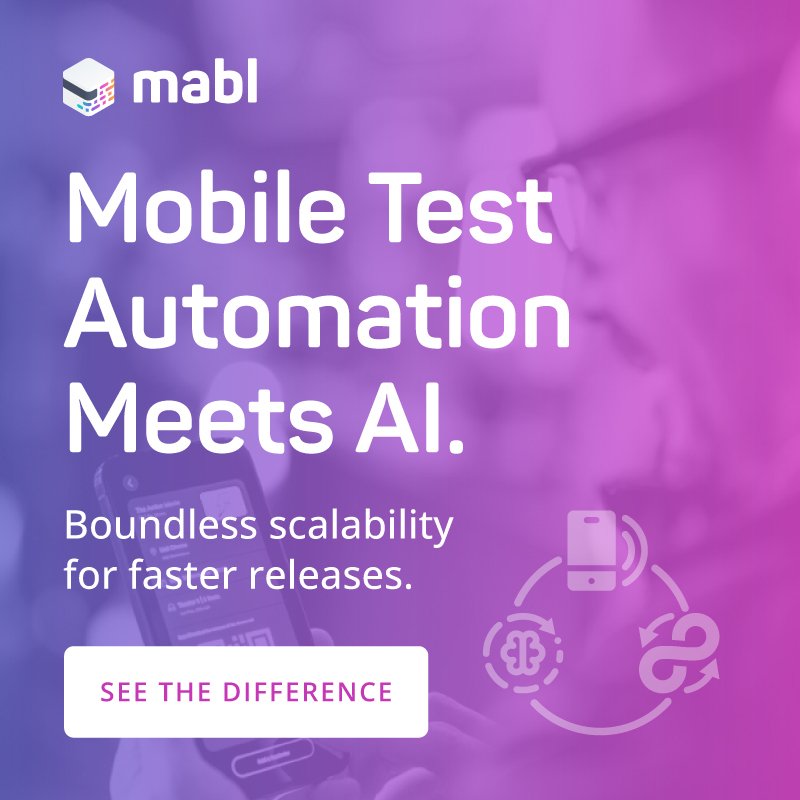Kubernetes advantages and challenges
Tuesday, August 25, 2020

|
Brittany Hainzinger |
In a conversation with Sirish Raghuram, CEO and co-founder of Platform9, he tells us why he believes that open-source represents the future of the enterprise cloud, The rising popularity of Kubernetes and the importance of having the “purity of focus”, why private and edge cloud deployment are often is slow, costly and prone to failure, and more.
In this exclusive Q&A with ADM, Sirish talks about how the pandemic accelerated the progression from cloud-enabled to cloud-native, he explains how 75 percent of global organizations will be running containerized applications in production, plus how Platform9 is the outperforming leader in the hosted Kubernetes space among the giants.
ADM: From a developer’s point of view, how can Kubernetes help developers in building and managing private and edge clouds?
Raghuram: Kubernetes provides developers with the capability to build cloud-native applications that are extremely flexible. For example, you can easily scale up and down rapidly based on unpredictable and fluctuating customer demand. To build software for such new use cases, developers have to think about new application architectures like microservices and serverless. In this world, applications and infrastructure operations, especially in a private or edge environment, can be very different from traditional approaches. Kubernetes streamlines many of the tedious components of operations including deployment, operation, and scaling. Public cloud vendors typically handle the management and complexity of the Kubernetes control plane components, but this burden typically falls on developer or IT teams in private and edge cloud implementations. The public cloud approach, however, can also involve lock-in to additional services and attendant costs that the enterprise was not planning for.
ADM: For some tech teams, working with open source solutions presents a number of challenges -- what is your advice for overcoming the common challenges one could face?
Raghuram: Open source frameworks such as OpenStack, Kubernetes, Prometheus, and Istio provide community innovation and technical advances that developers can leverage to build modern large-scale cloud-native applications. However, these open source solutions don’t solve for Day-2 operational challenges and life-cycle management tasks such as zero-touch upgrades, security patching, troubleshooting, self-healing, and monitoring.
DevOps teams also lack the critical skills to address these operational challenges. And, these issues often detract teams from focusing on creating revenue generating applications because too much time and effort is spent dealing with Kubernetes “plumbing” underneath. Platform9’s managed services model relieves the DevOps team of these concerns, allowing them to focus on accelerating new applications to market that are revenue generating.

ADM: Can you share your advice for a developer considering using Kubernetes, what would the best first step be?
Raghuram: Often, the very first step to figure out is whether the applications a developer is building need the scalability, distributed microservices architecture, and associated management complexity of Kubernetes. Once those containerization objectives are clearly identified, developers should then select a few applications to containerize and deploy on a Kubernetes cluster. It’s not necessary to build a cluster yourself at this stage. One option we offer for developers considering using Kubernetes is a free managed service which provides everything you need to validate your application. Once you are set up, it will then be easier to scale out the application in production when the operational complexities are outsourced to a managed provider.
Market opportunities
ADM: What is the current market opportunity for Kubernetes?
Raghuram: A Gartner report released last month, “Container Management (Software and Services), Worldwide,” forecasted that “by 2022, more than 75% of global organizations will be running containerized applications in production, up from less than 30% today.” And, “worldwide container management revenue will grow strongly from a small base of $465.8 million in 2020, to reach $944 million in 2024.”
This is also great news for the cloud providers, who are rapidly dropping prices and building hooks to attract developers.
We’ve witnessed this momentum ourselves just recently when we launched the industry’s first fully-managed free multi-cloud/on-premises Kubernetes service. In just three months, we had over 1600 signups and more than 100 Clusters spanning AWS, Azure, and bare-metal OS environments.
As more organizations transition to and expand their Kubernetes initiatives, they will look for easy-to-use, low TCO solutions that help with their transformational initiatives.
ADM: What are the current career opportunities in open source and particularly Kubernetes?
Raghuram: A search on Indeed.com alone shows 2900+ open opportunities for developers and DevOps engineers with Kubernetes skills and expertise. It is one of the hottest trends in technology.
Platform9 specific
ADM: How did you come up with the idea for Platform9?
Raghuram: Platform9 was conceived to enable freedom in cloud computing for enterprises looking for private and edge clouds. The company does it by leveraging open source frameworks such as Kubernetes, Prometheus, and OpenStack and solving the operational complexity of running these clouds at scale. Platform9 built uniquely differentiated IP to create a SaaS delivery platform. The company’s “SaaS management plane” automates full life-cycle operations of our customers' environments, scaling to support over 300 nodes per cluster.
ADM: Who are some of your customers?
Raghuram: S&P Global, Kingfisher plc, Juniper Networks, Autodesk, Aruba Networks, Technicolor.
ADM: Who are your competitors?
Raghuram: VMware Tanzu and Google Anthos come closest in terms of having a managed control plane for Kubernetes. But these vendors also can increase lock-in with the use of their other products and services which sometimes are required in order to build out a full production-ready solution. IBM/Redhat and SUSE/Rancher also have Kubernetes software distribution but they do not have the managed service or a SaaS delivery model to reduce the customer operational burden.
ADM: Can you tell us about your recent news developments?
Raghuram: On July 15th we announced expanded capabilities for Platform9’s managed Kubernetes customers of the Freedom, Growth and Enterprise plans including the industry’s first managed Calico networking with API access, an application wizard for automated deployment of bare metal Kubernetes clusters, and enhanced cluster monitoring and observability that provide better insights into all aspects of cluster behavior.
This comes at an exciting time for Kubernetes as the market is in transition with a number of vendor consolidations and new product initiatives from marquee players. From SUSE’s acquisition of Rancher, VMware’s launch of Tanzu Kubernetes Grid earlier this year, IBM’s acquisition of Red Hat and OpenShift, to Google Anthos moving aggressively to provide hybrid/on-premises Kubernetes solutions – many developers will be faced with the challenge of how to avoid operational complexity and lock-in.

Having experienced virtualization, IaaS and cloud-native industry transitions first hand, Sirish believes that open-source represents the future of enterprise hybrid clouds.
Sirish is passionate about enabling IT Ops in large enterprises to be successful with their cloud initiatives — being able to easily adopt and manage VMs, Kubernetes and Serverless at scale, across ANY infrastructure, with minimum management overhead and without breaking the bank.
In addition, Sirish is focused on building Platform9 – across customers, employees and partners – as the industry leader in hybrid and multi cloud.
Prior to founding Platform9, Sirish was an early engineer at VMware who went on to technical and management roles. His work at VMware led to several products, features and patents.
Outside Platform9, Sirish follows cricket, makes his kids laugh, and builds his collection of fast lenses and unprocessed photos. His favourite books include the Harry Potter series, Blue Ocean Strategy, Inbound Marketing and Innovator’s Dilemma.

Become a subscriber of App Developer Magazine for just $5.99 a month and take advantage of all these perks.
MEMBERS GET ACCESS TO
- - Exclusive content from leaders in the industry
- - Q&A articles from industry leaders
- - Tips and tricks from the most successful developers weekly
- - Monthly issues, including all 90+ back-issues since 2012
- - Event discounts and early-bird signups
- - Gain insight from top achievers in the app store
- - Learn what tools to use, what SDK's to use, and more
Subscribe here













